Top Music Software in 2024
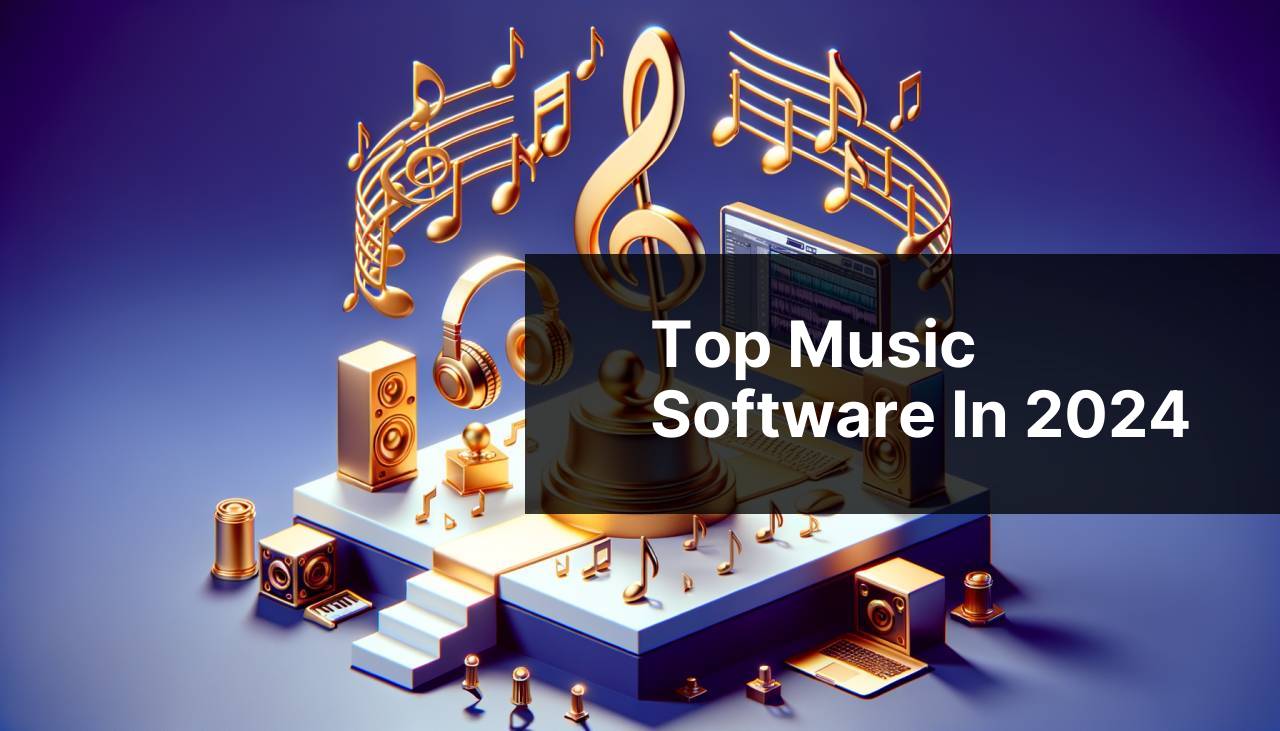
Navigating the ocean of music software can be daunting, whether you’re a seasoned producer or just starting. With countless options available, choosing the right tools can significantly impact your music creation process. Some applications focus on recording, others on mixing, while some excel at live performance. In this article, I’ll share my personal experiences with some of the best music software in 2024. By evaluating each application’s strengths and weaknesses, you’ll be better equipped to make an informed decision. For more detailed information on specific software, visit their official websites.
Ableton Live
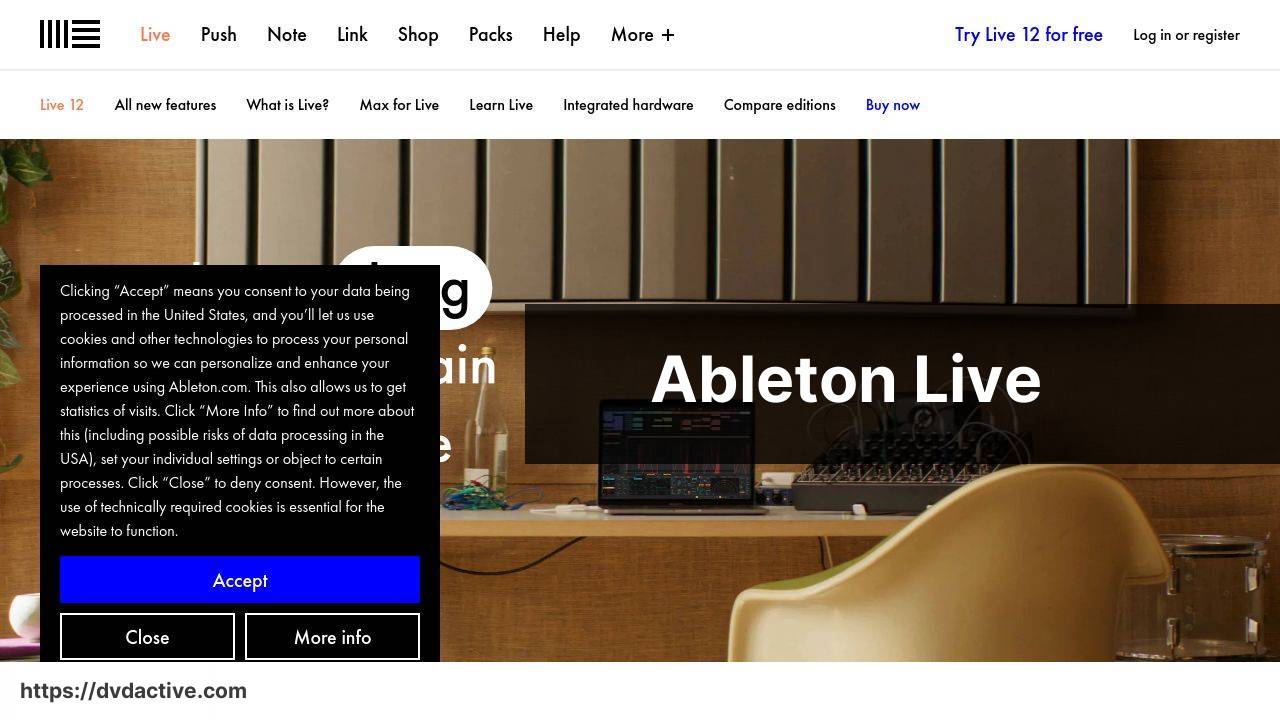
Ableton Live is a favorite among many producers because of its versatility, especially for live performances. The software’s intuitive layout allows for seamless production and experimental composition. The “Session View” and “Arrangement View” offer flexibility, catering to different workflows.
Pros
- Impressive for live performances
- User-friendly interface
Cons
- High price point
- Steeper learning curve for beginners
Logic Pro
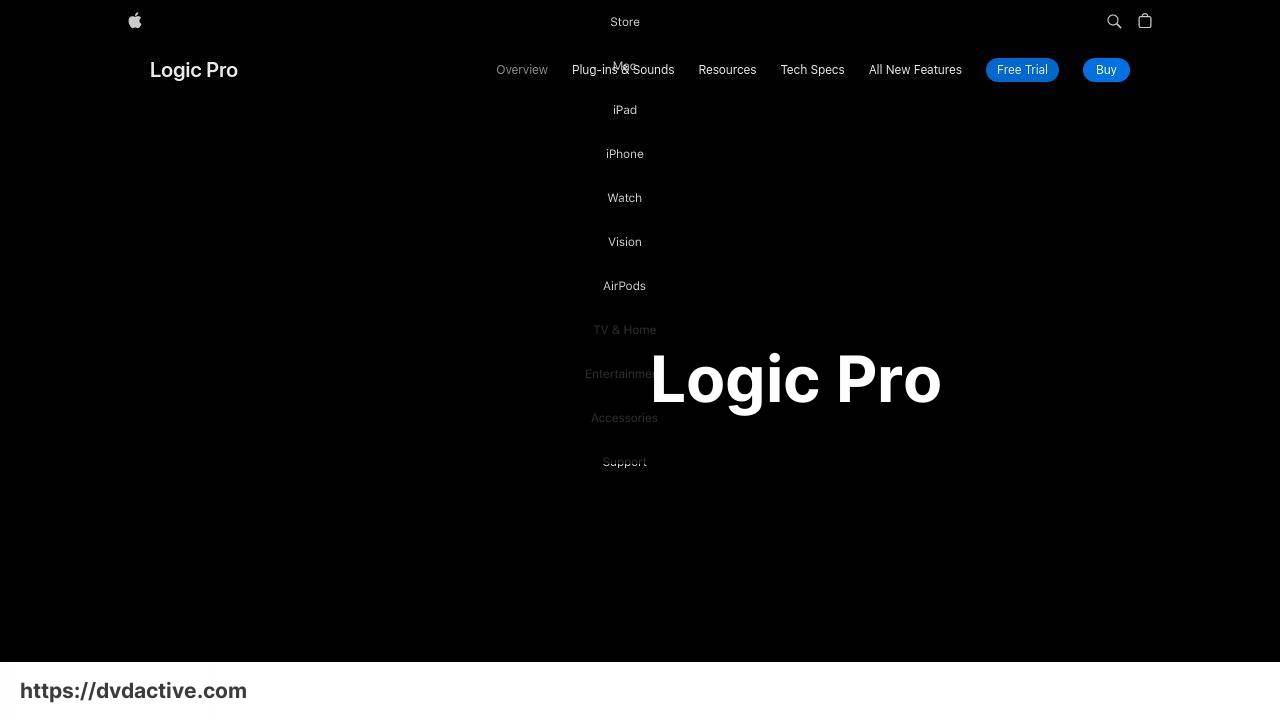
Logic Pro is known for its comprehensive set of tools for music production. This software excels in MIDI processing, making it ideal for intricate arrangements and compositions. Despite being feature-packed, it maintains a relatively intuitive interface, though it’s exclusive to Mac users.
Pros
- Extensive feature set
- Great for MIDI compositions
Cons
- Mac-exclusive
- Requires significant processing power
Avid Pro Tools
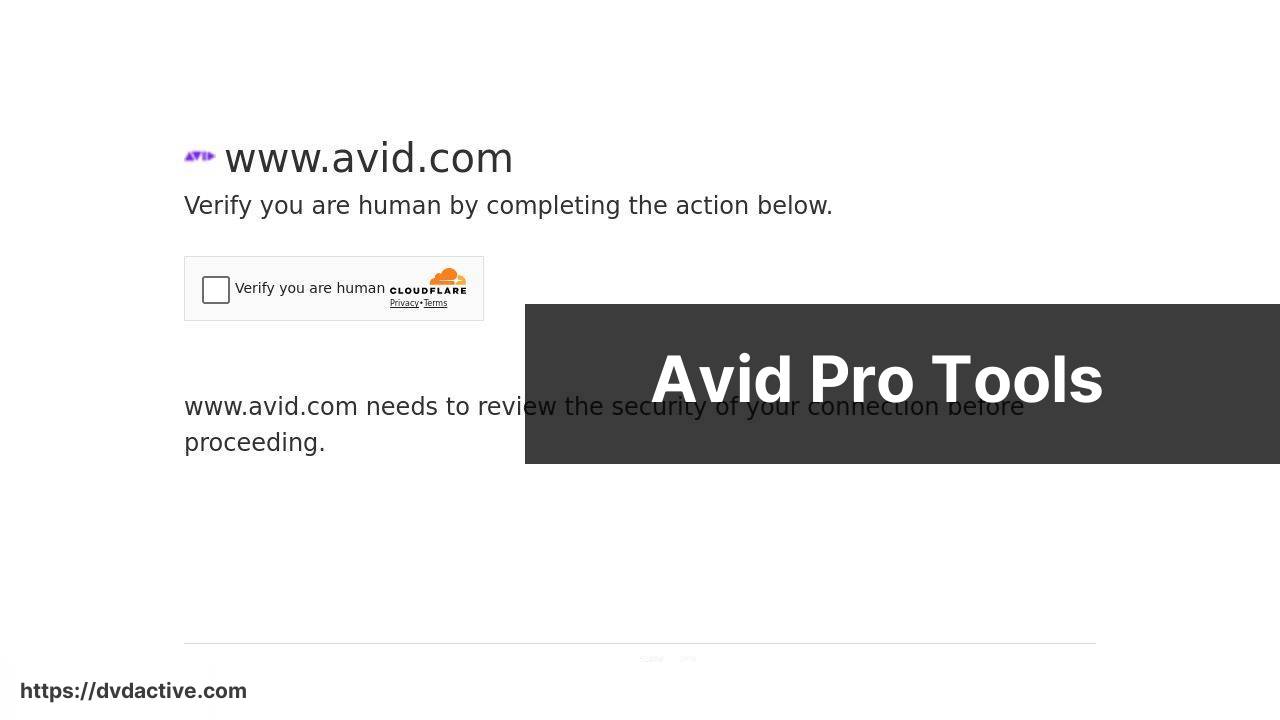
Avid Pro Tools is the industry standard in professional recording and mixing. Its audio editing capabilities are second to none. While its user interface can be daunting, the precise control over every aspect of your music production makes it worth the effort to learn.
Pros
- Top-tier audio editing
- Widely used in professional studios
Cons
- Expensive subscription model
- Complicated for beginners
FL Studio
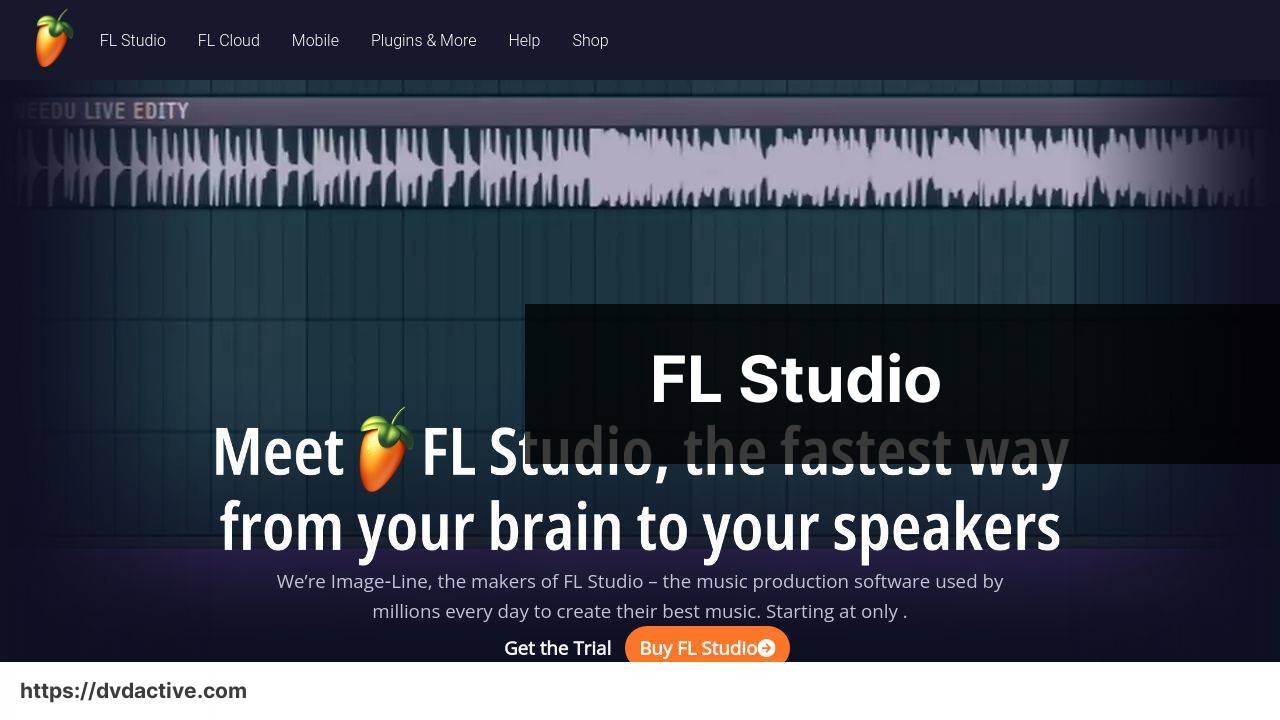
FL Studio has remained popular among producers for its simplicity and power. The step sequencer is a standout feature for beat making and loop creation, and the lifetime free updates offer great value. Although it’s highly accessible, it excels in electronic music production more than other genres.
Pros
- User-friendly sequencer
- Lifetime free updates
Cons
- Less ideal for live recordings
- DAW interface can be cluttered
Studio One
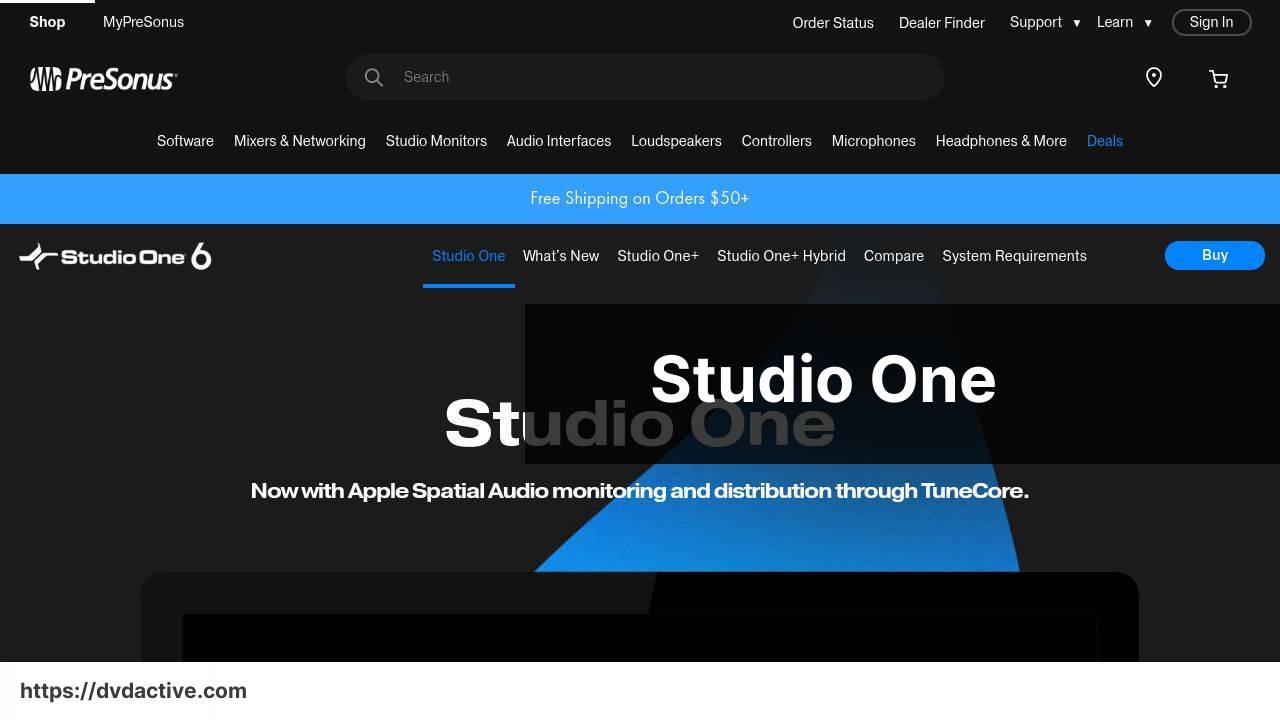
Studio One combines modern interface design with robust features, providing a smooth workflow for producers. It offers a highly customizable workflow, drag-and-drop functionality, and integrated mastering tools, making it a comprehensive solution for end-to-end production.
Pros
- Integrated mastering tools
- Customizable interface
Cons
- Not as intuitive for beginners
- Can be resource-intensive
Reaper
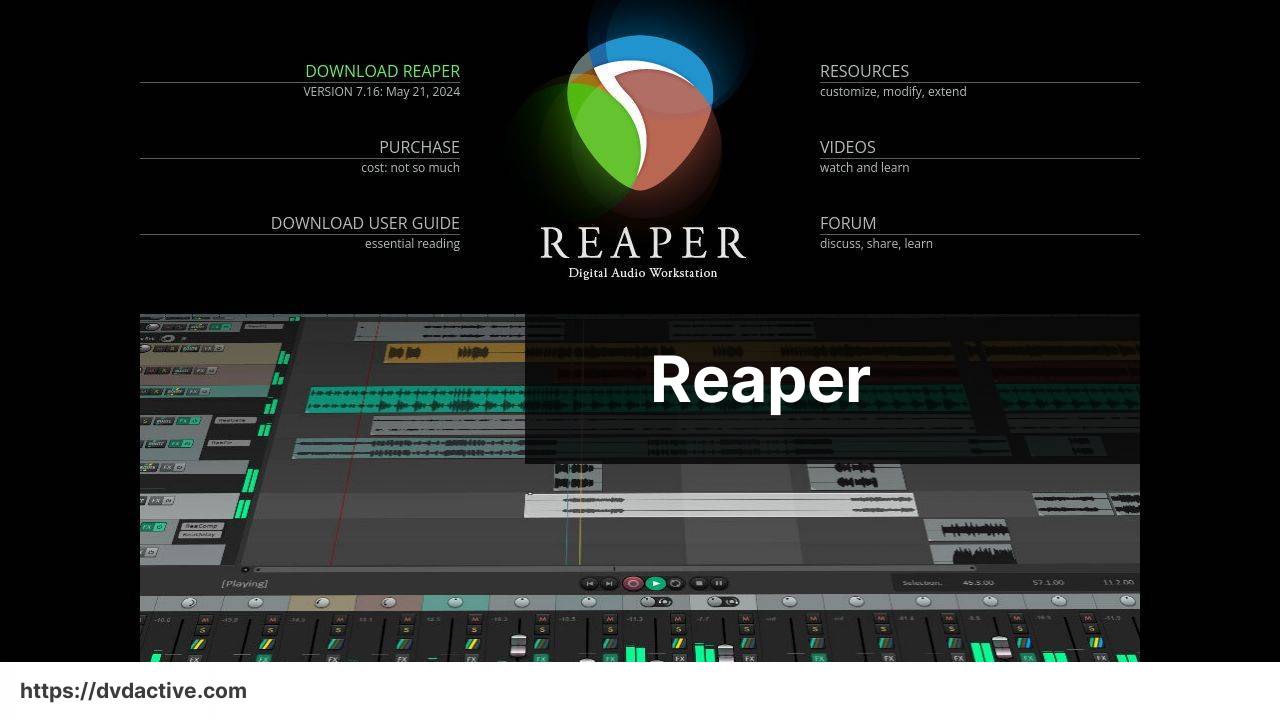
Reaper is known for its affordability and lightweight design, making it a strong contender for independent producers and small studios. Its customizability and extensive set of features can rival that of higher-priced software, though the initial setup and interface navigation can be complex.
Pros
- Highly affordable
- Extremely customizable
Cons
- Steep learning curve
- Limited native plugins
Conclusion:
For those interested in diving deeper into the world of music software, the industry constantly evolves, offering new tools and updates. Sites like Sound on Sound and Ask.Audio provide comprehensive reviews, tutorials, and industry news. It’s also beneficial to keep an eye on the latest trends in music technology to stay ahead of the curve.
Networking with other producers through platforms like Reddit’s r/edmproduction or Gearspace can provide additional insights and feedback, helping you refine your production skills. Additionally, attending music production workshops and seminars can offer hands-on experience and expert advice.
FAQ
What are some top-rated digital audio workstations (DAWs) for music production in 2024?
Some top-rated DAWs include Ableton Live, FL Studio, Logic Pro X, Pro Tools, and Studio One for their comprehensive tools and user-friendly interfaces.
How can beginners start creating music with professional software?
Beginners can start by downloading free trials of software like Ableton Live and FL Studio, and following basic online tutorials to familiarize themselves with the interface and features.
What is the recommended software for live music performances?
Ableton Live and MainStage are exceptional for live performances because of their real-time processing, intuitive interfaces, and synchronization capabilities.
Which software is best suited for electronic music production?
FL Studio and Ableton Live are highly favored in electronic music production due to their powerful synthesis, sampling abilities, and diverse plugin support.
Are there music software options better suited for classical music composition?
Sibelius and Finale are ideal for classical music because they offer in-depth notation capabilities, enabling detailed and precise score creation.
What's a cost-effective option for budding music producers?
Reaper stands out as a cost-effective DAW, offering a full suite of professional tools with an affordable licensing fee, ideal for budget-conscious producers.
What features should users look for in top music software?
Key features include user-friendly interfaces, high-quality audio processing, extensive plugin support, MIDI compatibility, and regular updates.
Is there open-source music production software available?
Yes, Ardour and Audacity are prominent open-source options that offer robust features for audio recording, editing, and mixing at no cost.
How crucial are plugins in music software?
Plugins are crucial as they extend the functionality of DAWs, offering additional instruments, effects, and sound processing capabilities to enhance music production.
Where can users find comprehensive music software to suit varied needs?
Comprehensive music production software can be explored at Ableton's official site and Image-Line's website, among others, showcasing features and compatibility.
